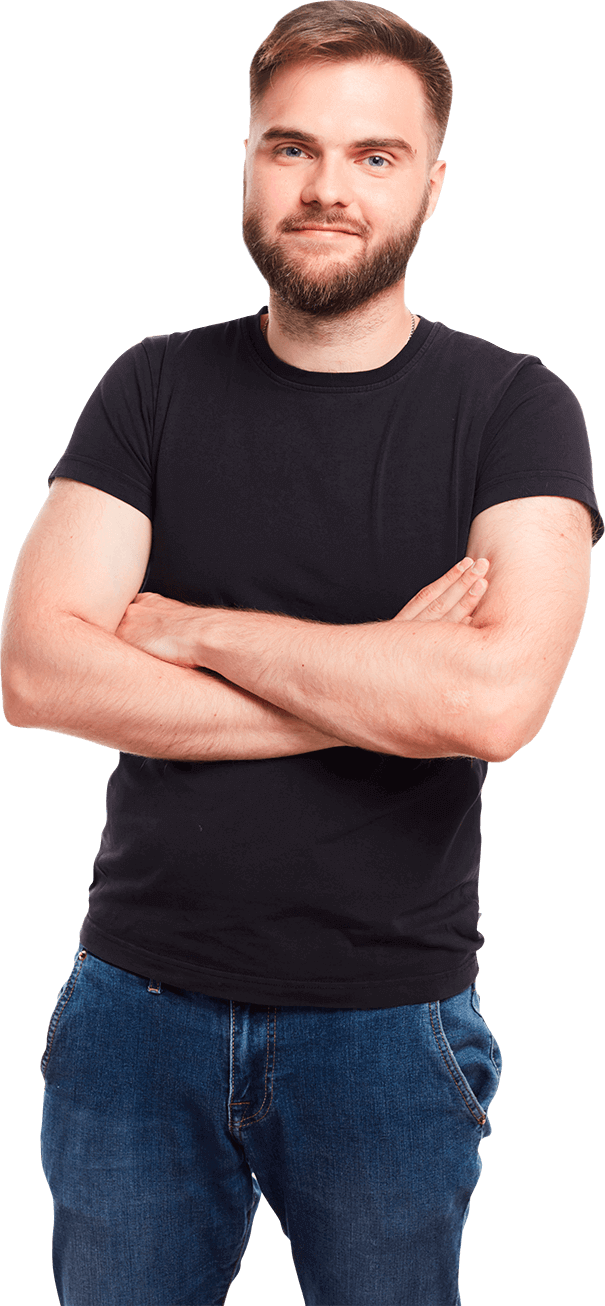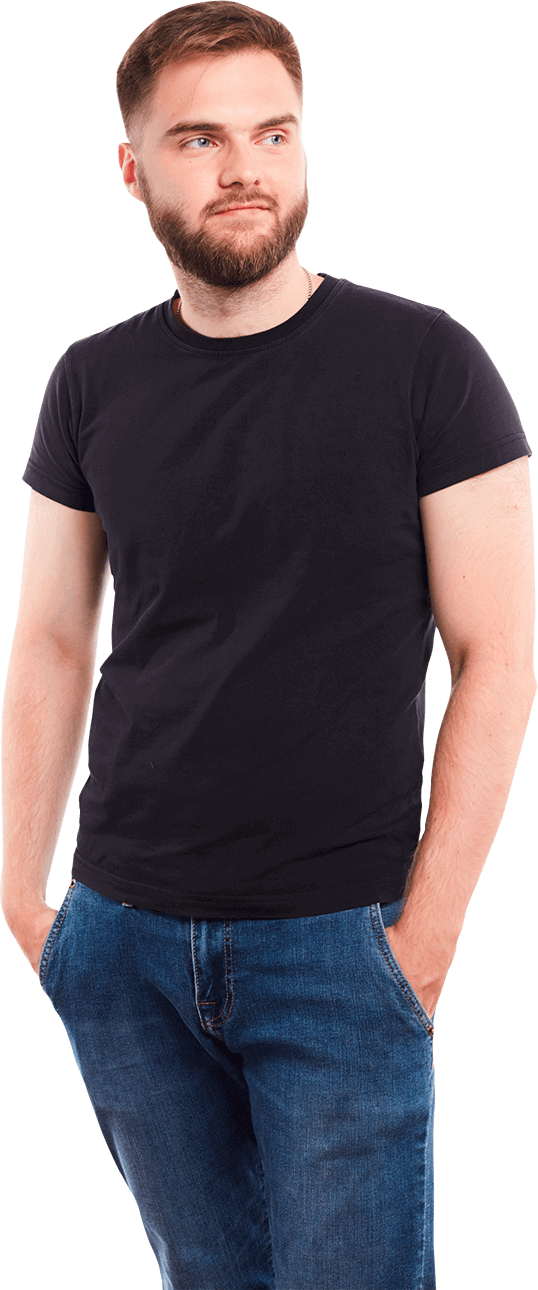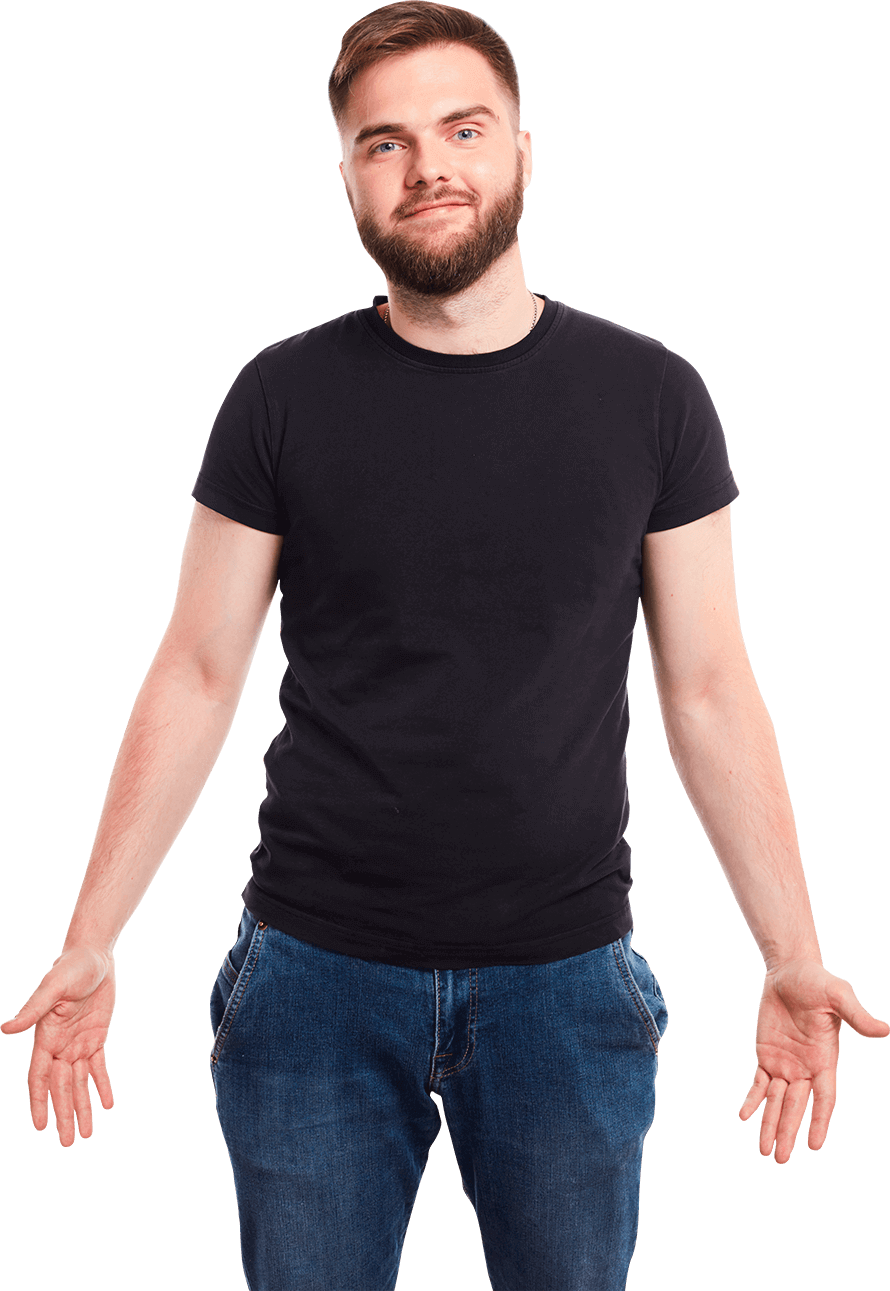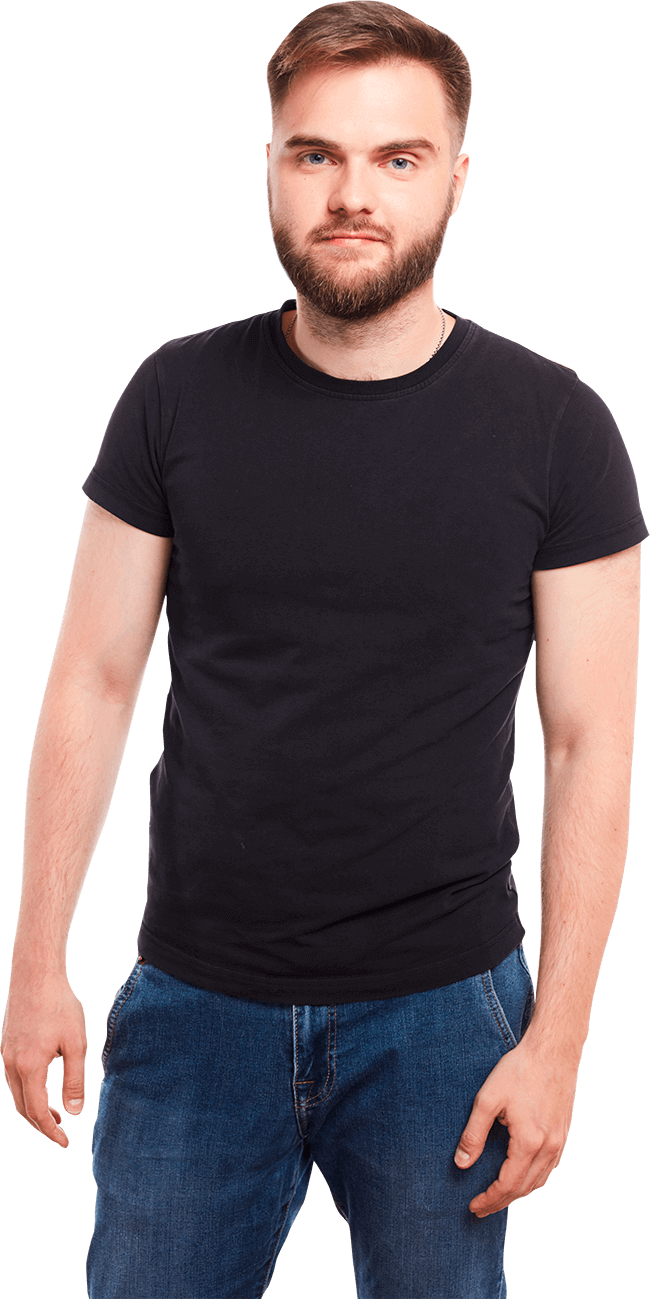— What do you do at Sberbank?
— I’ve been at Sberbank for more than four years, and the whole time I’ve been working in the model validation directorate. I came in as a chief specialist, and after six months I became project head. When our department expanded to become a directorate, I first headed up one section and then another larger section.
Validation is the process of checking the quality of the models that the bank uses in its work. Sberbank is part of the contemporary trend, which is to eliminate wherever possible the use of expert opinions and use algorithms of decision-making based on statistical models. In order to create those models, you must know mathematics really well, know how to program, work with data, clean it, put it in the right format, and understand the business process. Our directorate is responsible for risks connected with the work of those models. We test them, make recommendations about how to improve them, or suggest alternatives.

— What makes this aspect of Sberbank’s operations unique?
— We are trying to move from qualitative evaluations to quantitative. The first thing we do is run the numbers to see how precisely the model works. And then, based on our analysis, we decide if the model needs improvement or not. Each model – and there are about a thousand of them at Sberbank now – gets a traffic light. If it’s green, that means everything is fine. If it’s red, it means that something has to be fixed. But there is another approach – quantitative. It allows us to determine how much money the specific model has brought into the bank or what the risk of losses would be if used. That is a more complicated task. There isn’t even an industry standard abroad. But we’ve taken the first steps to create it.
— What do you like best about your work?
— I think that one of the most fantastic feelings is when you think that something is really complicated and then after a little while you figure out that you can do it — and even have a sense of how to do it better. For me this concerns organizational work. I oversee the graduate program of Sberbank and the department of computer sciences at the Higher School of Economics. It prepares specialists in data analysis who might come work with us when they graduate to further develop what we’re working on. Last year was the first selection for the two-year program, and the second selection process is going on now. To get this programme up and running, we couldn’t just sign an agreement that the two companies would collaborate. I had to put together many people at many different levels. Then we had to put students and employees together, and it all required my constant participation. But in the end, you feel like you’ve made a real contribution.
— Tell me more about what’s you’re doing in this project.
— For instance, I put together the academic plan with my colleagues at the Higher School. The students study the theory of databases, machine learning, work with graph databases and time series, deep learning— how neural networks are built to classify images and analyze texts. Our staff prepare data sets that the students can train on so that when they get hired, they land in familiar territory. When graduates get hired fresh out of the university, they’re often told: Forget everything you learned at university. After our Master’s program, they don’t have that problem.
— How do you achieve that?
— The students write papers on the work we are actually doing at Sberbank. In each department the number of people is limited, and there are always some tasks that no one gets around to doing. We give those jobs to our strongest Master’s candidates who have to defend their theses or diploma papers. I look for these points of interest in various departments. My task is to make sure that the students and the people hiring at Sberbank meet.
But work with students is separate. It’s not for everyone, because you have to both want to be a mentor and be able to be one. Let’s say a student isn’t good with deadlines. A student didn’t hand in his homework — so he finds the teacher later and gives it to him. The corporate world is different. If you don’t finish something on time, it won’t be needed the next day. And you’ve let down your team. Let’s say there’s an ad campaign that runs just before the holidays and provides loans for vacations. You can create a brilliant predictive model that will reach the most likely clients, but if you hand it in a day or two late, it’s useless. You’ve missed the window.

— Did you get a lot out of your university education?
— In 2013 I got my Master’s degree in the department of economic sciences at the Higher School of Economics. My specialty was “Mathematical methods for analyzing the economy”. We studied econometrics, mathematical statistics, predicting time series — but nothing about machine learning. Now special courses in that are in every department – that’s how much the trends have changed. Companies and universities have reconsidered the role of data analysis. This isn’t just happening at the Higher School or Sberbank – the Moscow government has a portal of open data (data.mos.ru), where anyone can put a checkmark on a map and state a problem — say, an awning over an entryway collapsed or a lift hasn’t worked for a week. This system improves the overall quality of life because resources are no longer limited by the monitoring services. Just a few years ago there was hardly any programming, we didn’t have SQL…
— So how did you get the education and information you needed?
— On the job. I worked in two Higher School labs that were involved in research, and then I went to work at the company Tekhnonikol where, oddly enough, I worked in my specialty. I did sales forecasts for the department broken down by item so that my colleagues could plan the necessary stockpiles. The company had a lot of sales points and a large selection of all kinds of items for sale, and one way or another I had to do programming, write cycles and functions so that I didn’t have to do a forecast for each sales point by hand. Then I came to the bank – much to my own surprise. I had never considered it before because I thought that banking was boring. But I had the good fortune to spend time with the guys from the Risks department, and mathematical modeling had been developed in that field since the 1960-70s. And I got a job. I began programming and found out that there was more than econometrics. There were also nonparametric algorithms, and I got introduced to the instruments of machine learning, which we hadn’t had. To make a long story short – I went from economics to what is now called data science. And then I joined Sberbank as a technical specialist.

— How is it that you are already a boss at age 26?
— In part because I entered university when I was 15 years old. At age six I started school. I skipped fourth grade and finished school as an external student so that I could focus on the subjects that I needed to get into university. In addition, my parents put me in the department of pre-university preparation at the Higher School. That was really helpful because I began to get a better idea of what was going on outside of school. The course was filled with very smart and talented kids who were primed for success — the school increased the number of spots to let them in. It was hard to get in as a state-sponsored student. The competition was tough, which made it more interesting, and then it made it more satisfying when what you thought up worked. But there were minuses, too – certain difficulties socializing with my classmates. At work I was usually the youngest person, too, but I tried to get something out of it, make use of the experience of my older colleagues. At Sberbank I like talking with a colleague in the next department; he told me things that were relevant to me in a year or two.

— What do you understand now after four years at Sberbank?
— That every serious job requires immersion. It’s not like digging a hole – you dig for an hour every day and you finally finish. You can’t do it if you go home from work and stop thinking about it. The work day is filled with routine. You are distracted during the day with constant meetings, questions, letters, tasks, consultations. Sometimes it seems that the only time you have to really work is on the weekends. Maybe this leads to workaholism. But if you want to do something, you stop thinking of it as work. It’s more like a question you ask yourself: can you do it or not? I constantly thought about how to create an instrument that would let us automate the validation process. There are lots of models of all kinds – is there something that unites them all? By the way, an interesting discovery came out of this. I thought that Sberbank was a company with a strict hierarchy with top-down tasks and directions. I programmed the first version of a web service in our small department and showed it to the bosses. To be honest, it was terrible. We rewrote it a long time ago and other people now handle it. But even in its terrible shape the section chief okayed a pilot project and we did something like consulting — we validated the models of other banks. At Sberbank you can do things like that.

— What do you do in your free time?
— I’m a skateboarder. I skate on a Carver — it’s a kind of long board. I love snowboarding. For two years in a row I’ve gone winter surfing. When you skate or surf you turn off your brain. You pay attention to how the asphalt or other surface is changing under you. You can do it for a long time. For me it’s like meditation. But I should say that I don’t divide time into work and afterwork. I’ve become good friends with my colleagues. They race motocross on the weekends, and sometimes I join them. Or we go do wake-surfing at Shore House. We’ve got a balance board at work. And PlayStation3. We also invented our own game called Delfinchik. Two people – or more – stand at opposite ends of their desks and use their heads to pass a tennis ball to each other. It’s really hard since the balls are very bouncy. Our record is six passes.





